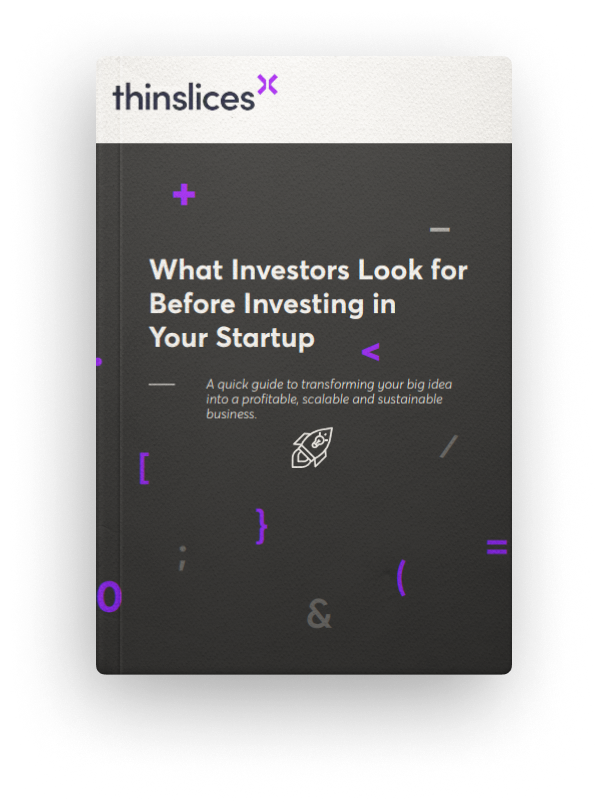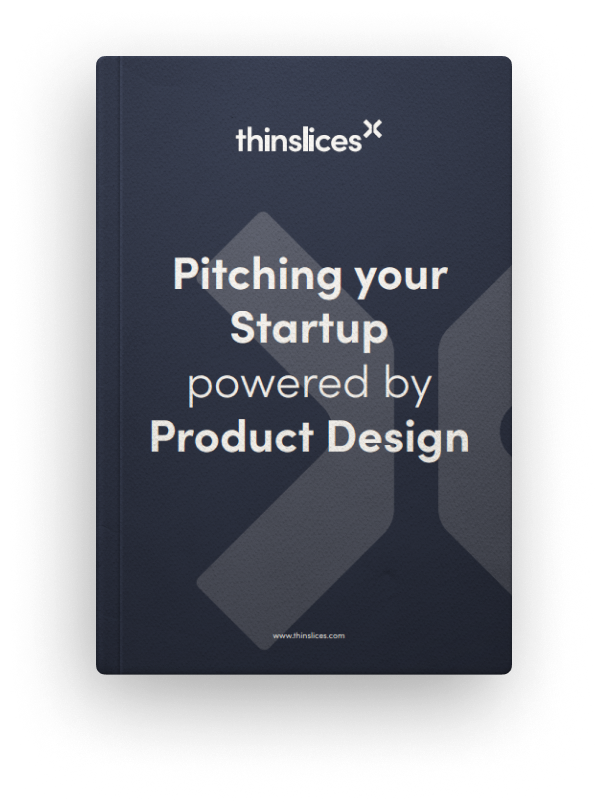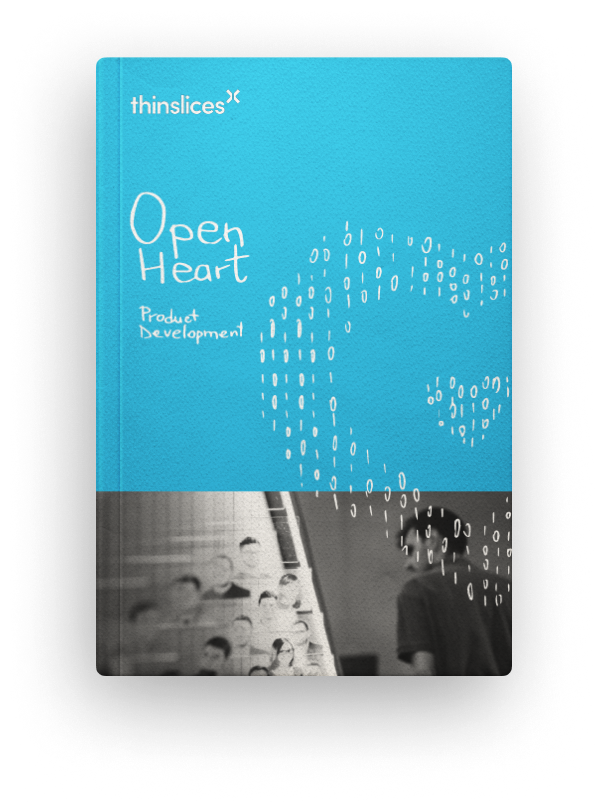
Iain Cox - 10 Feb 2026
Cyber risk without decision logic: the executive accountability gap
Cyber risk accountability has moved to senior leadership without a corresponding decision logic for prioritisation, risk acceptance, or explanation under uncertainty. In distributed systems, fragmented signals and weak synthesis make it difficult to link technical risk to business impact in a defensible way. Without a safe harbor for informed judgment, outcome bias pushes decisions toward visible mitigation rather than deliberate trade-offs. The result is an accountability gap in which cyber risk is experienced as personal exposure rather than as an organisationally supported decision-making discipline.











